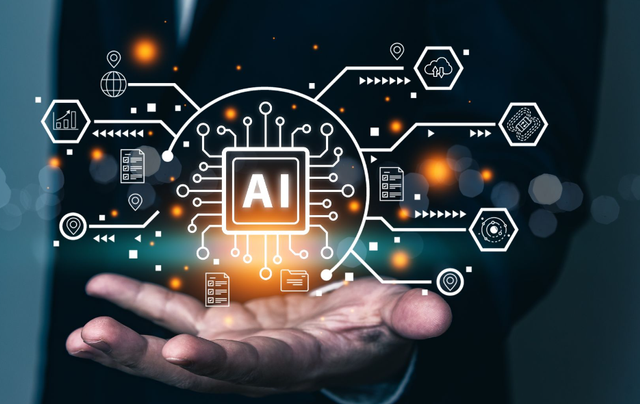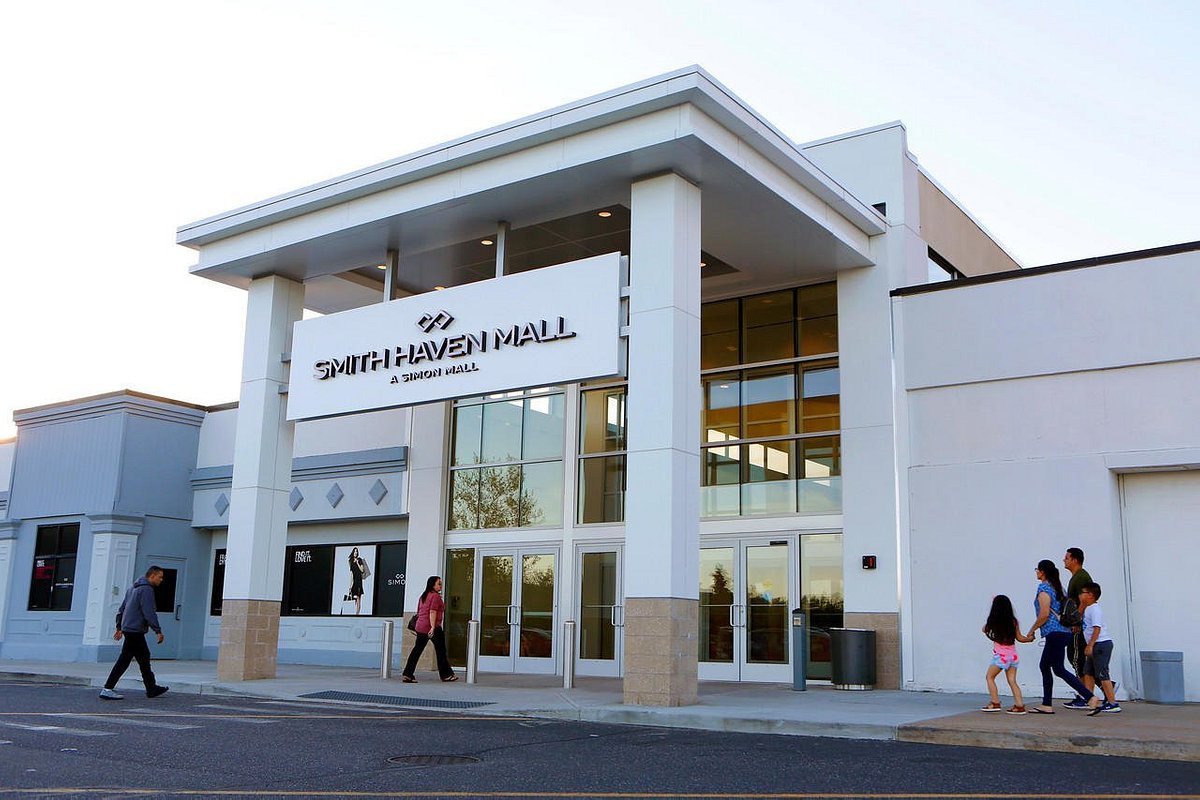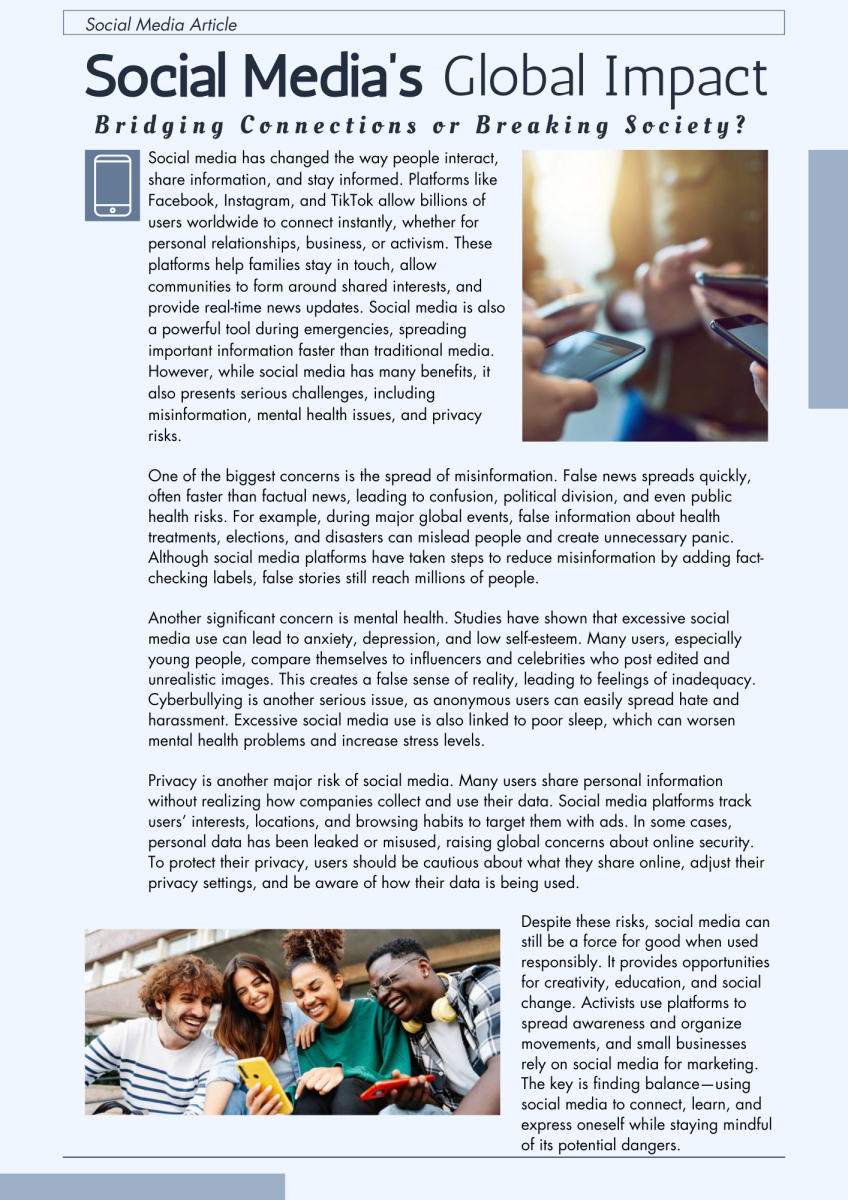Artificial Intelligence (AI) is becoming an integral part of everyday life, stretching from education to healthcare to businesses. AI is continuing to evolve and advance every single day, bringing about both benefits and challenges. The real question to be asked is, should AI continue to be advanced to revolutionize everyday life, or should it be terminated before it takes over every aspect of human function?
Benefits
AI is revolutionizing healthcare every single day by allowing faster diagnosis of diseases, personalized treatment plans, and robotic surgeries, which have been proven to reduce human error. AI can analyze X-rays, MRIs, and CT scans faster and more accurately than any human. This has proven to help detect diseases such as cancer and brain abnormalities at early stages that otherwise might not have been seen. AI models can also predict how different patients may respond to different medications, which has reduced the risk of failed drug reactions and has improved the effectiveness of many treatments.
AI has also been programmed to analyze vast amounts of data to provide insights for businesses, governments, scientists, and researchers. Many companies use AI for market analysis and predictions, and on the other hand, law enforcement agencies use AI to detect fraudulent activity, which increases the safety of businesses.
AI has also overall improved human error and enhanced efficiency. In manufacturing businesses, AI robots improve the precision and accuracy of projects to produce quicker than any human could, while in business, AI virtual assistants improve customer service to exactly match the issue with a solution.
Negative Aspects
It is apparent that AI has gained a role in many industries and companies, and this has caused it to replace many traditional jobs, specifically in retail, manufacturing, and customer service. AI has improved efficiency, automated tasks, and reduced workloads, but this causes lots of concerns about job displacement. For example, AI-powered robots are slowly replacing assembly line workers in factories, AI self-checkout systems replace cashiers in retail, and AI algorithms can handle analyzing financial data, which replaces accountants and analysts.
Over the past couple of years, there have been many concerns about privacy violations and security threats online. This is because AI is known to collect and process a vast amount of personal data, such as facial recognition. These systems can be misused, and there have been many ethical predicaments about privacy rights.
Relying on AI in decision-making has reduced human influence in crucial areas such as healthcare and education. The lack of human oversight and opinions could cause a decrease in critical thinking. For example, in healthcare, if there is no human empathy, medical decisions may not be as ethical and morally correct as they should be.








